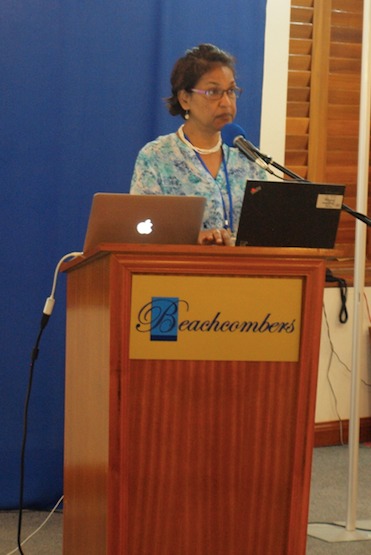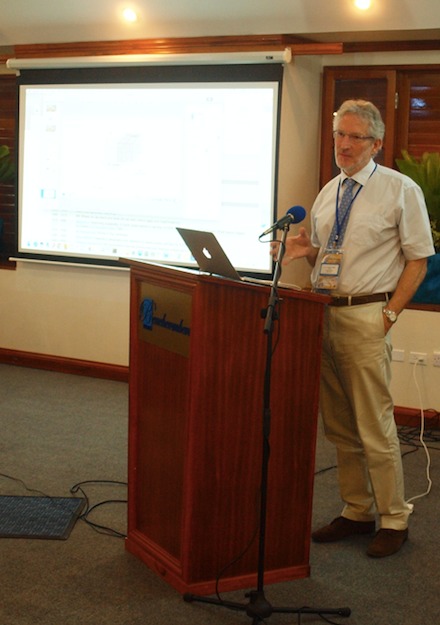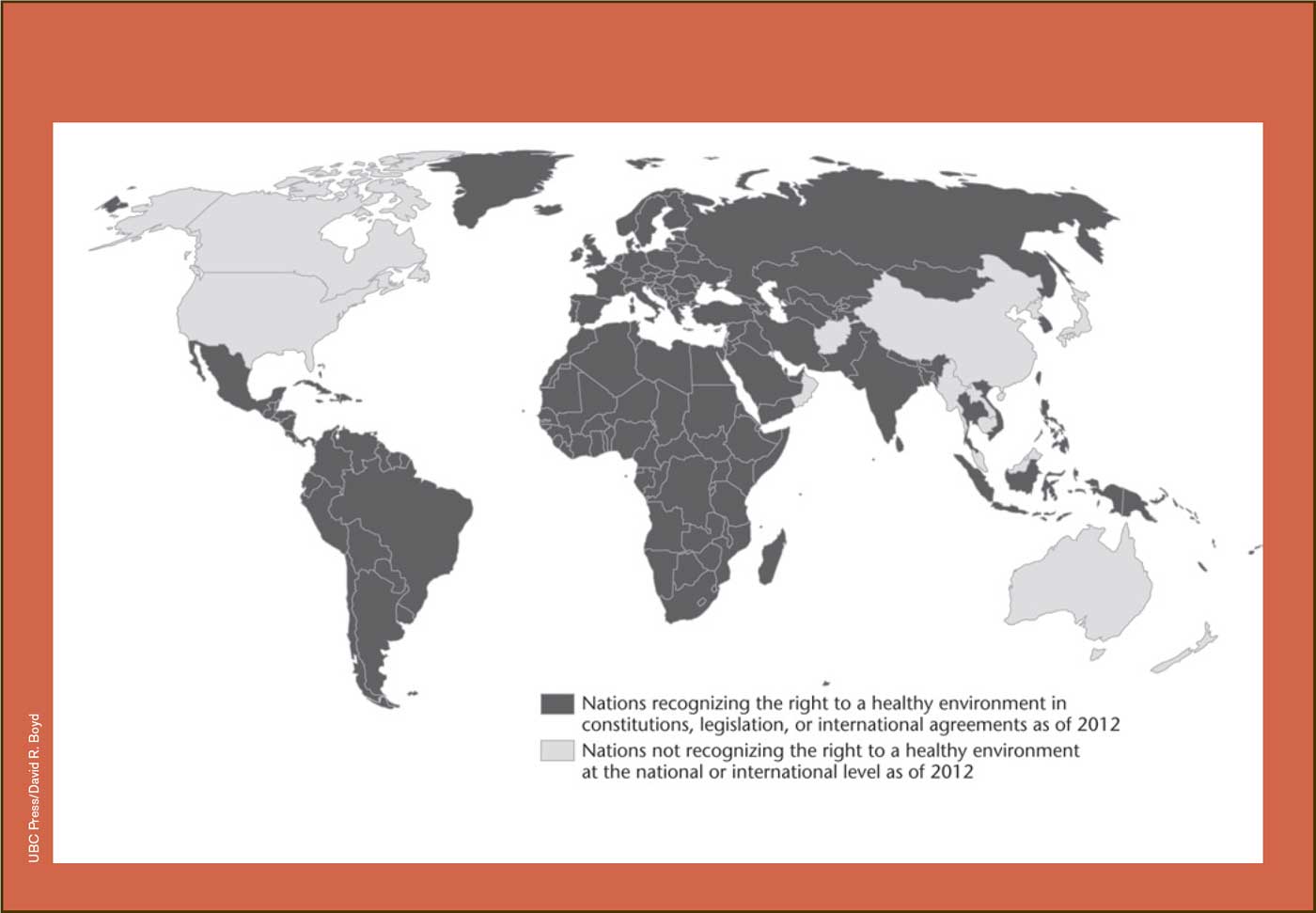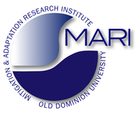Implementing and Monitoring the Sustainable Development Goals in the Caribbean: The Role of the Ocean
Session 6: Improving availability of Earth observations in service of SDG implementation in Caribbean Small Island States
Co-Chairs: Dr. Douglas Cripe and Dr. Hans-Peter Plag.
The experience of Session 5 provided a basis to discuss options for improving the service Earth observations and derived products can provide to the execution of the 2030 Agenda. The main questions addressed was how regional an international organizations can collaborate to ensure that governments and the people have access to the required ocean-related Earth observations and the capacity to utilize these observations for the creation of the needed knowledge. Concerning the local action, the implementation of the Geo Space for SDGs was at the center of the deliberations. Demonstrating the relevance of Earth-observation derived information for this Geo Space was identified as the candidate for a demonstration project to be presented to the GEO Plenary in Fall 2018.
Jai Rampersad commented on “Sustainable Development Goals in the Caribbean,“ staring by reviewing pictures of damage resulting from hurricanes Irma in St Martin and Maria in Dominca, the 2010 earthquake in Haiti, coastal erosion in Trinidad and Tobago and concluded this review of pictures with examples of poverty and the increase in crime. For the SIDS, he emphasized a number of criteria that are related to specific challenges:
- Limited geographic size
- Extensive coastal areas
- Remote locations
- Fragile economies that are often dependent on narrow sectors
- Limited natural resources and access to fresh water and energy
- Small populations
- Weak institutional capacity
- Their small size in terms of geography, economy, and population, and their limited capacities render them vulnerable to external shocks.
Reviewing the achievements related to the Millennium Development Goals he pointed towards persisting challenges, including gender inequality, huge wage gaps, continuation of climatic change and environmental degradation, conflicts hamper human development, and the persistence of poverty and hunger. Referring to the Caribbean Human Development Report “Multidimensional progress: human resilience beyond income” he summarized the main vulnerabilities with respect to environmental hazards and external economic shocks. The gender gap in terms of participation in the workforce was found to be still large, and there is a large inequality in access to education between the richest and poorest in the Caribbean. In terms of health care, there has been progress in the Caribbean. The economic impact of crime is estimated to be significant ranging between 2.8% and 4% of the GDP in CARICOM countries. High unemployment rates (which in general are higher for women than men) and child labor are challenges in most of the SIDS. Access to water is found to be good in most SIDS, except for Haiti. Several studies found that the Caribbean SIDS are among the world’s most vulnerable countries when it comes to the effects of climate change, and the cost of climate change due to hurricane damage, loss of tourism revenue and infrastructure has been estimated to increase from US$ 10.7 billion annually in 2025 to US$46 billion by 2100. Summarizing the challenges for the SDG implementation, he listed:
- The global economic crisis
- Declining foreign direct investment
- trade imbalances
- Increased indebtedness
- Lack of adequate transport, energy and ICT infrastructure networks
- Limited human and institutional capacity
- Inability to integrate effectively into the global economy
- Climate change
- Natural disasters
- The degradation of coastal and marine ecosystems and sea-level rise
Data collection and analysis in support of policy development is hampered by a lack of technical support, infrastructure, and financing, and there are inconsistencies, lack of accountability, monitoring issues and delays. Little to no ICT support and a lack of political directive added to this list. Referring to the Samoa Pathway (2014 outcomes), he presented a list of requirements to make progress:
- Enhance international cooperation, exchanges and investments
- Increased public and private investment in infrastructure
- Foster entrepreneurship and innovation and sustainable industrial development
- Development of the financial services industry
- Job Creation/ Technical support
- Improve working conditions
- Greater ICT integration
- Promote and enhance gender equality
- Set national regulatory and policy frameworks to improve transparency, accountability, and corporate social responsibility.
He also asked for decision making that integrates regional bodies (Caribbean/SIDS) in the domestic policy development and improves the assessment of each sovereign country's requirements with respect to the SDGs. He concluded by giving details on the proposed geospace in Saint Vincent and the Grenadines, which is a designated area that is selected with an intensified and organised effort to achieve the SDGs:
- 7,000 acres
- Parish, Town and or Constituency
- Cooperatives
- Surveys and Interviews conducted (Government Institutions)
- All applicable SDG’s ranked (Scale 1 -10) based on current status vs 2030 expected outcomes
- Performance monitored on an annual basis
- Metrics are kept in line with achieving the SDGs outcomes by 2030
Artie Dubrie talked about “Integrating geography and statistics to assist public policies for SDG implementation” based on the work done by the Economic Commission of Latin America and the Caribbean (ECLAC). After introducing the ECLAC membership, she pointed out that ECLAC is strongly engaged in accelerating the SDG implementation in the Caribbean. Investigating the reasons for non-production of indicator data by Caribbean countries, that the lack of financial resources, technical capacity, prior need to produce indicators, and internationally agreed methodologies or combinations of these lacks were reasons for countries not reporting the indicators. She saw the need for a new development paradigm with equality and sustainability as drivers of growth and pointed out that moving toward a sustainable economic model, taking advantage from the environmental big push and the technological revolution, will provide a pathway to preserving the best of globalization and global interconnectedness, enhancing economic and environmental sustainability and empowering individuals and communities to strengthen social inclusion and multilateralism. A list of six pillars for action and cooperation included
- High level: National institutional and inter sectorial architecture
- Integration of SDG into national planes, budgets including investments
- Strengthen capacities in statistics
- Implementation: financing, technology, commence, accountability
- Strengthening of regional architecture: for example on SGD of gender, planning, energy etc
- Working medium amongst government, industry (private sectors), citizens other stakeholders etc.
She emphasized the importance of making progress towards the integration of statistical and geospatial information in Latin America and the Caribbean, and presented a road map of six steps:
- Complete the diagnosis on the integration of geography and statistics
- Produce an official document with the results and analysis
- Prepare a regional strategic plan for the integration of geography and statistics and geospatial information based on the Global Geospatial Statistics Framework, Agenda 2030 and the Census Round 2020.
- Promote national plans for the integration of geography and statistics
- Establish a data base of best practices and national experiences in the integration of statistical, and geospatial information
Ms Dubrie concluded her presentation with five steps to enhance cooperation and collaboration:
- Implement the Mega Project based on the guidelines and specifications disseminated by UN- Global Geospatial Information Management for the Americas
- Mainstream geospatial approaches into the working groups of the Statistical Conference of the Americas
- Establish collaborative relationships with the global and regional community of Earth Observation
- Articulate collaboration with regional organizations on geospatial matters
- Promoting initiatives of collaborative work between government, academia and civil society.
 Artie Dubrie reported on the work ECLAC is doing concerning integrating geography and statistics to assist public policies for SDG implementation. |
 Dr Douglas Cripe informed about the work GEO and CEOS are doing to support SDG implementation and monitoring with Earth observations. |
Lorenzo Harewood discussed “Supporting national actions through regional collaboration,” and he considered a strong commitment to regional cooperation mandatory for the success of the SDGs. Using the example of a rapid mapped assessment carried out for Jamaica, he introduced the MAPS Framework that focuses on mainstreaming, acceleration and policy support. While there are some elements of functional cooperation in the region, including the Caribbean Catastrophe Risk Insurance Facility, the CCCCC, the University of the West Indies, and the CRFM, he saw the need for much more to be done to facilitate regional cooperation. Considering the question of how to do and improve knowledge sharing, he stated that the traditional North-South cooperation still has it value but South-South cooperation should be considered. In order to utilize the cross-sector, cross-region, and cross-discipline dialog the workshop has initiated, he saw the need for a platform to monitor the outcomes and impacts of the relationships that will be established. He concluded by saying that regional partnerships are not just a proponent of enhancing implementation, they are a necessity.
Rose Alabaster addressed the nexus of water, food, and environment. Based on the notion that food, water and a safe environment are human rights (expressed in the SDGs 2, 6, and 14, respectively) she stated the obligation to respect, protect and fulfil these rights and provided detailed thoughts on these aspects for the three rights. She saw significant synergies between the individual SDGs and the relevance of their implementation for the human rights. She emphasized that under the United Nations Declaration on the Right to Development, Article 2, the individual is the active subject, not the object, of economic and social development. The individual will ordinarily need useable resources (such as land, capital, labour), as well as knowledge. She underlined that the realization of individual rights (economic, social, cultural rights) take place at the lowest/smallest economic unit, i.e., the household. This puts emphasis on the female and male division of labour and control over production and consumption, and it creates obligations towards the elderly and disabled, who in traditional agricultural society were taken care of by their families, and in modern society must increasingly be borne by the state and, thus, by the national society as a whole. She pointed to the importance of social and economic data for safeguarding the policies.
 |
Rose Alabaster emphasized that many nations recognize the human right to a healthy environment. |
Douglas Cripe discussed the role of earth observations for the creation and use of knowledge. He emphasized the importance of data sharing and gave examples of how increased data sharing resulted in large economic returns. Among the GEO initiatives, the “Earth Observations for the Sustainable Development Goals” (EO4SDG) initiative has the most pronounced focus on providing the Earth observations need to quantify the SDG indicators. He also mentioned the Foundational Task on “User Needs and Gap Analysis” which aims to establish a comprehensive overview of user needs in terms of knowledge and related observational requirements. He also mentioned the GEO efforts in branding, which utilizes the GEO label and discussed in details the recent development for open data cubes promoted by CEOS. Data cubes build capacity for users to apply CEOS satellite data and support GEO's and the United Nations' agendas.
Laura Lorenzoni considered in her presentation “Opportunities for new and improved observations” and to do so, she presented a few examples of NASA resources including ARSET, GLOBE, DEVELOP, the MBON Explorer and P2P. ARSET provides applied remote sensing training, which, for example, offers webinars on fundamental remote sensing and coastal ocean. GLOBE is an international science and education program. The DEVELOP National Program brings groups of graduate students together to carry out projects that use Earth observations to address challenges in many environmental areas. The MBON Explorer provides coupled global biological and environmental data and offers tools to generate infographics. Ms Lorenzoni concluded by recommending to become part of ongoing efforts and to take advantage of existing tools.
In his concluding speech, Hon. minister Saboto Caesar urged the participants to engage in the further development of the concept of geospace and to commit to participate in the implementation of the geospace in Saint Vincent. He emphasized the value of Geo-Design for informing spatial decision-making for urban and rural resilience and sustainability.
Closing the workshop, Hans-Peter Plag expressed his expectation that the concept of using a local geospace for SDGs to bring these goals to the people could turn out to be a main outcome of the workshop and be underlined the importance of keeping the momentum up in fully developing the concept and implementing geospace first in the Caribbean and then beyond. He indicated that the steps after the workshop would be to prepare a workshop report, and to use this report to finalize the white paper on the role of the ocean for SDG implementation and monitoring in the Caribbean. He identified the geospace as a candidate for a demonstration project for the GEO Plenary in Fall 2018. An important step informing the white paper would also be the analysis of the 2+2 forms submitted during the workshop. Dr Plag thank the members of the Workshop Program Committee for their support in developing the workshop program and the participants for taking out three days of their busy lives to come and contribute actively to the workshop. He acknowledge the funding provided by NASA, NOAA, the Commonwealth Marine Economic Program, Tiwah and ODU and stressed that the workshop would not have been possible without this funding. He also made the point that the hotel had provided excellent conditions for the workshop and thanked the hotel staff for their services and very pleasant interactions with the participants. He concluded by saying that the interaction and fruitful collaboration with the government of Saint Vincent and the Grenadines and in particular minister Saboto Caeser resulted in this unique opportunity of bringing this wide range of stakeholders together for a very productive dialog.
|
|
Workshop Participants during the final hours of the Workshop. |
This workshop was sponsored by:
 under grant 80NSSC17K0241 |
 |
 |
 |
 |